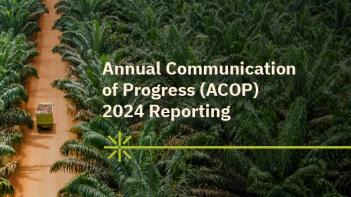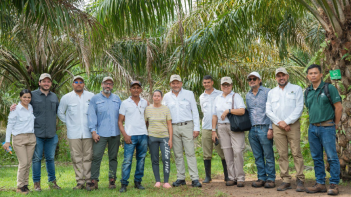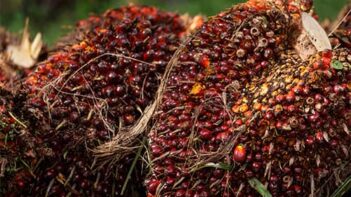The RSPO Board of Governors (BoG) has endorsed the revised Ghana National Interpretation (GH NI) document on 7th March 2016. GHNI 2015, as it is known, is based on the RSPO P&C 2013 and supersedes GHNI 2011 which has been used for certification of plantations and mills in Ghana.
GHNI 2015 has been developed by a Task Force with balanced representation from all the RSPO stakeholder groups. The Task Force held numerous physical meetings prior to finalising the document. In compliance to international best practice, public consultations were held as part of creating awareness and getting feedback on the GHNI 2015 document.
Prior to endorsement by the BoG, the document has been reviewed by the RSPO Secretariat and members of the RSPO Standards & Certification Standing Committee (S&CSC).
The endorsed document is effective immediately. Certification bodies (CBs) and RSPO member companies are strongly encourages to start using GHNI 2015 for any new audits as well as annual surveillance audits (ASAs). It is compulsory for all audits and ASAs carried out from 3rd June 2016 to be based on the GHNI 2015.
The GHNI 2015 document is available here.
For further clarification, please contact Mr. Salahudin Yaacob, Technical Director ([email protected]) and Mr Jan Van Driel, Head of Certification ([email protected]).
Keep reading

From the Amazon to the Aisles: Discovering Sustainable Palm Oil in the Heart of Peru

Global Trends of Sustainable Palm Oil and China's Pathway

Final list of ACOP 2024 Non Submitters

New ISEAL Case Study Identifies Pathways to EUDR Compliance in Palm Oil Sector
Call for Expression of Interest: Nigeria National Interpretation Task Force for 2024 RSPO Principles and Criteria (RSPO P&C) and Independent Smallholder (ISH) Standard

From Cocaine Processing to Cultivating Palm Oil: Resilience takes root in a Colombian community

Social Sustainability in Focus at the Europe Sustainable Palm Oil Dialogue

Cost-Benefit Analysis To Sourcing Sustainable Palm Oil in India [SUBMISSION BY 18 JUNE 2025]




